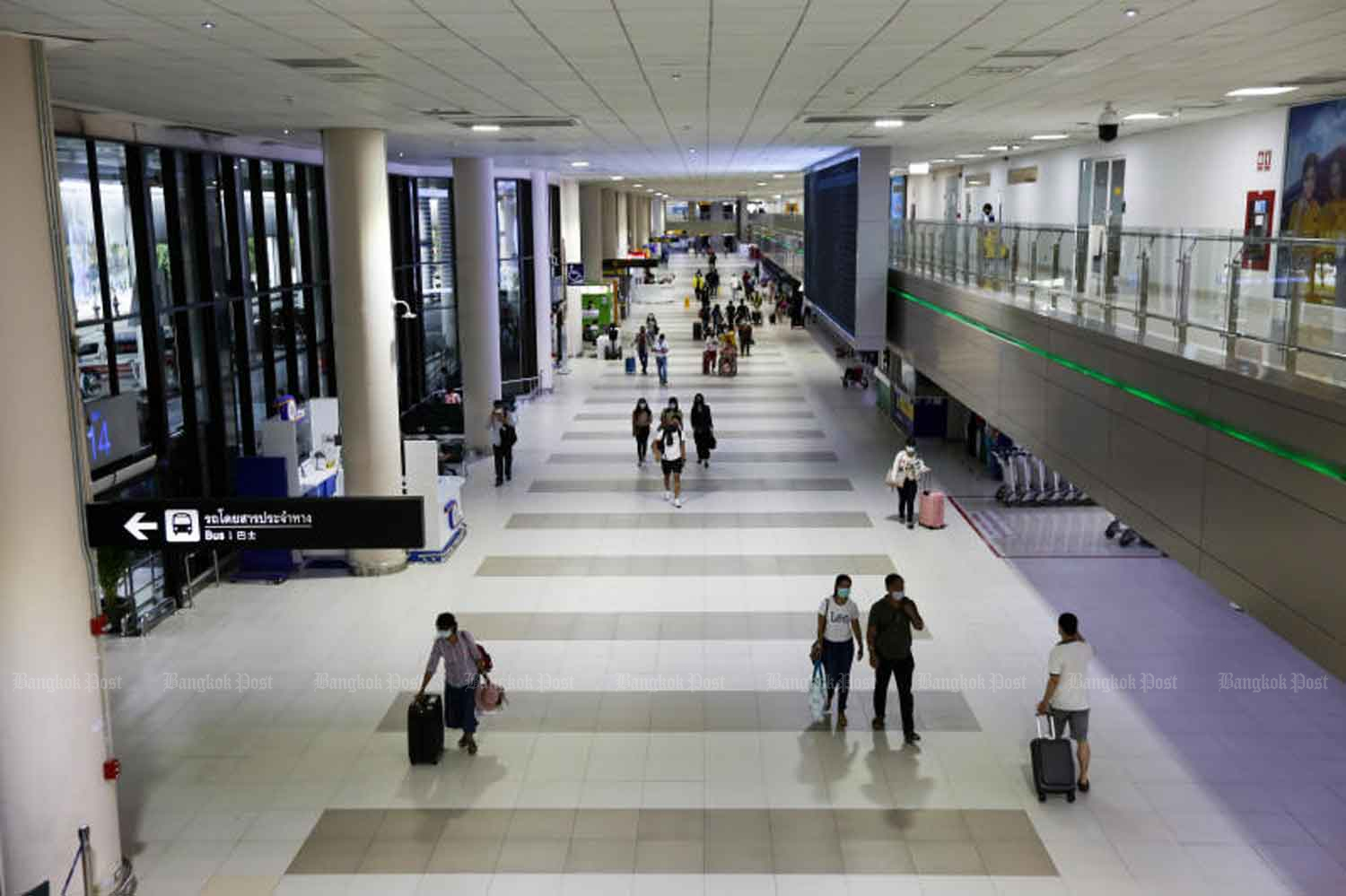
Thailand may have to allow new infections to occur in the kingdom if it wants the economy to get back on track, a health official said on Thursday.
Supakit Sirilak, deputy permanent secretary for public health, said the kingdom has gone 31 days without recording new local transmissions. He said the country may have to let its guard down while effectively managing new infections if the economy is to recover.
Dr Supakit, who heads a Public Health Ministry committee assigned to evaluate the Covid-19 situation, said the committee is preparing proposals on how to reopen the tourism industry, particularly travel bubbles to help the economy move forward.
The proposals will be forwarded to the Centre for Covid-19 Situation Administration (CCSA) for consideration during a Monday meeting. He did not provide more details.
"Thailand has gone 31 days without new local infections, but efforts to keep new cases at zero for long periods will have a high price for us to pay," Dr Supakit said. "We would have economic and social losses that we have to accept."
"However, if we allow too many infections, they will overwhelm our health care system, and this will also have an adverse impact on the economy," he said. "Therefore, we must strike a balance -- allowing some new infections to happen at a manageable level so the economy can move forward."
The government has come up with a plan to open travel bubbles with several countries, a move crucial to restoring international links to boost the economy.
Japan and China are among the countries which the government has targeted for travel bubbles as the nation is in dire need of the return of foreign tourists.
Of all foreign travellers before the outbreak, Chinese nationals accounted for the majority (27.6%), with 28.1% of tourism revenue coming from them.
However, Dr Supakit said the travel bubble arrangements must be regulated, including restrictions on free travel. Country, activity and personal risks must be taken into account, he said.
Travellers should come from areas and territories deemed free of the disease before arriving in Thailand. While in the kingdom, the travellers should also stay at pre-approved accommodation.
"If the circumstances change, and countries with travel bubble pairings with Thailand have new surges of infections, terms of agreements may also change," said Dr Supakit.
Thira Woratanarat, a health expert at Chulalongkorn University's faculty of medicine, posted on Facebook on Thursday, warning against allowing the return of medical and wellness tourism.
Dr Thira said the losses would far outweigh the gains the kingdom could receive from the plan, given the severity of the global pandemic which continues unabated, with new surges of infections in several countries.
Somsak Roongsita, secretary-general of the National Security Council, on Thursday said travel bubbles will not happen any time soon.
Preparations may take up to two months before tourists from countries with travel bubble pacts with Thailand will be allowed in, he added.
Meanwhile, Deputy Prime Minister Wissanu Krea-ngam said on Thursday the Japan External Trade Organisation (Jetro) has informed him that thousands of Japanese businessmen want to come on business trips to Thailand.
Mr Wissanu said the guidelines for allowing their return will be discussed at the CCSA Monday meeting.
He also said Jetro wants Thailand to increase the number of alternative quarantine facilities from an estimated 900 to more than 1,000 to accommodate the incoming Japanese businessmen.
The deputy premier said the government is ready to arrange more quarantine facilities if necessary.
The CCSA on Thursday reported one new coronavirus case detected in a Thai national returning from abroad, taking the country to 31 days without a local transmission.